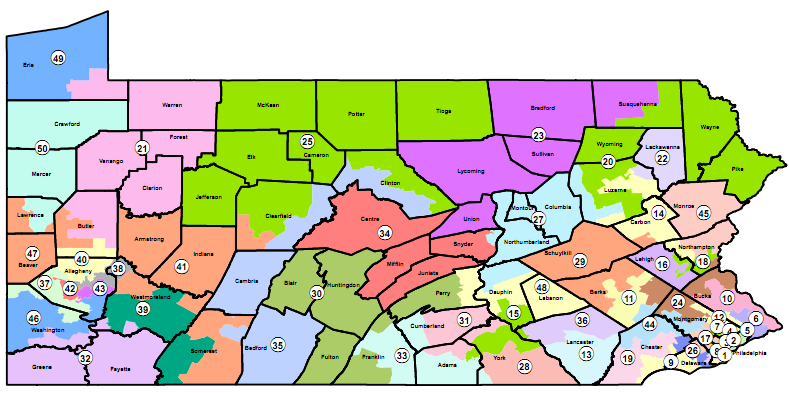Governor Tom Corbett will announce a new budgetary freeze before the end of the year to help resolve what the administration expects to be a $500 million revenue shortfall, according to Budget Secretary Charles Zogby, who gave the annual mid-year budget briefing on Tuesday.
Secretary Zogby painted a grim picture, as expected. The current revenue shortfall of $345 million could grow even beyond the $500 million current estimate, according to Zogby, and growth in mandatory spending for pensions, debt service and the Department of Public Welfare (DPW) will contribute to a budget for 2012-13 that is short about $750 million.
The Commonwealth plans to resolve the revenue gap with additional cuts. The secretary did not anticipate having "any revenue options" on the table and said he would look for further cuts in "waste, fraud and abuse" in DPW, controlling growth in corrections spending, and scaling back capital spending to make up the difference.






